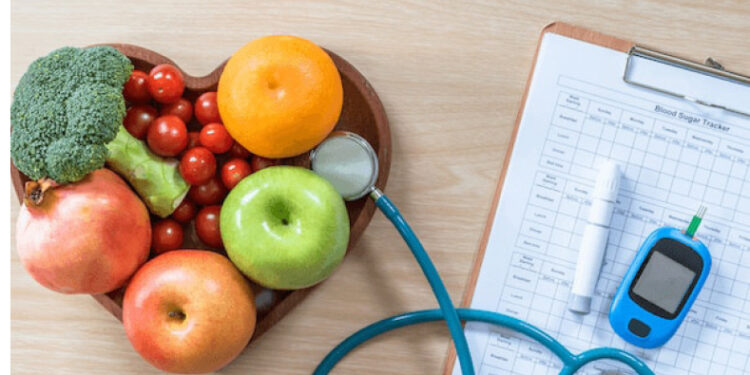A conversation with Dr Shidali Vincent, a consultant cardiologist and head of the Department of Internal Medicine, Federal Medical Centre (FMC), Keffi exposed the urgency to always check up on our heart because its problem is an emergency. The heart, being a muscular organ, pumps blood throughout the body. It is found on the left side of the chest, which beats 75 times per minute on average.
The heart is one of the body’s most vital and delicate organs. If it does not function properly, all other organs, including the brain, begin to die from lack of oxygen within just a few minutes.
In a deeper conversation about hypertension (high blood pressure), Dr Shidali went on to expand the need for every adult to do a routine check-up to be able to detect it early and help control it. If you have high blood pressure, the force of the blood pushing against the artery walls is consistently too high. The heart has to work harder to pump blood. The heart, being a muscle, tends to expand. Untreated, high blood pressure increases the risk of heart attack, stroke and other serious health problems. Healthy lifestyle habits such as not smoking, exercising and eating well can help prevent and reduce the risk of high blood pressure.
From our conversation, we deduced cheat codes, or whatever you may call it, to have a healthy heart. These are not just hearsay, tested and trusted lifestyle changes to having a healthy heart.
Fruits and Veggies: They are not just lifesavers, they are wholesome and nutritious. Nobody ever went to the hospital complaining of problems because they ate fruits and veggies. “Vegetables and fruits are good sources of vitamins and minerals. They’re also low in calories and rich in fibre. Vegetables and fruits, like other plants or plant-based foods, contain substances that may help prevent heart disease. Eating more fruits and vegetables also may help you eat less high-calorie food” Mayoclinic.
Reduce sodium and salt: Staying away from salty food is not only wise but life-saving. “Food makers also may add sodium to processed foods, such as soup. Eating foods with lots of added salt can lead to high blood pressure. So, you can use table salt, which contains sodium. High blood pressure is a risk factor for heart disease. Limiting salt and sodium is a key part of a heart-healthy diet” Mayoclinic.
Active Lifestyle: An active lifestyle helps to build a strong muscle, but beyond strength, If you take a brisk walk, you’ll notice certain changes in your body right away. Your heart beats a little faster, your breathing rate increases, and you may feel your leg muscles working. But you might not appreciate the myriad of other physiological changes happening inside your body when you exercise — some of which offer benefits similar to those from common medications. Together, exercise-induced changes can prevent or improve all the major risk factors that contribute to heart disease, including high blood pressure, diabetes, obesity, and unhealthy cholesterol levels. “Exercise can also improve mental health problems like depression and stress, which are common but often ignored contributors to cardiovascular problems,” says cardiologist Dr Aaron Baggish, a professor at the University of Lausanne in Switzerland and founder of the Cardiovascular Performance Program at Harvard-affiliated Massachusetts General Hospital.
Managing Stress: There is a level of stress associated with everything we do. Managing stress is a better option than ignoring the possibilities.
“Practice ways to enhance your ability to handle stress.
Connect with others: Being socially connected can help reduce stress. Reach out and talk with family members, friends or co-workers.
Sit quietly
Breathe deeply
Think of a peaceful picture
Spend time developing supportive and nurturing relationships: Know what pleases you and find ways to enjoy the experience. Perhaps you enjoy volunteering or cooking your favourite foods. When you take time to participate in these activities and enjoy them, you can build a satisfying life” American Heart Association.
In conclusion, heart health is not something to take lightly. As Dr. Shidali emphasised, routine check-ups, managing blood pressure, and maintaining a healthy lifestyle are key to preventing heart disease. Incorporating more fruits and vegetables, reducing sodium, staying active, and managing stress can make all the difference. Taking these small steps can lead to a healthier, stronger heart, allowing you to live a longer and fuller life. Start today; your heart depends on it.



